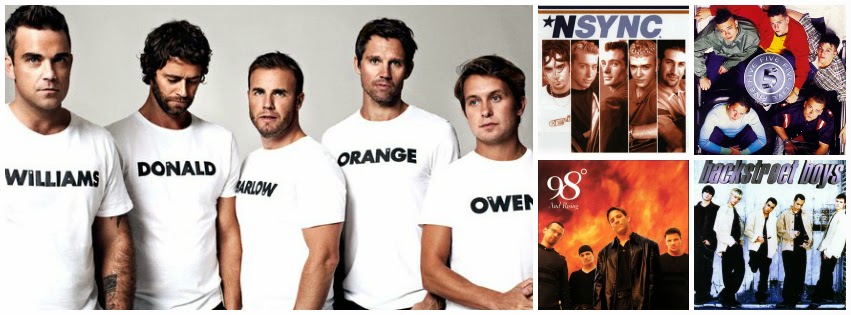 |
| Photo credit: www.flickr.com/photos/mueredecine |
What is the BIG question every consumer asks when faced with a seemingly out of the blue marketing phone call, SMS or email?
Answer: "Where did you get my details from?" you scream...
Of course, no matter how great the product/service or how perfectly timed the contact, you will always see a minority of people wholl complain about the marketing intrusion even though its 100% compliant (well it was yesterday!). So putting that small proportion of consumers who suffer from compliant marketing to one side....
However we can do something to help the vast majority of complainers and answer the single big question above by stopping the use of data sourced from anonymous third party marketing opt-in tickboxes. The standard opt-in tickbox wording tends to state carefully selected partners may contact you about relevant marketing offers. The biggest problem with the phrase carefully selected partners - is that it provides next to zero protection and traceability for consumers to establish how their details were passed on - surely they have a right to know?
Lets now imagine a new world where all data used for direct marketing was labelled with origin of place and date of opt-in. If we ask the BIG consumer question again:
Question: Where did you get my details from?
Answer: Looking at our records, I can see you opted into xxxx list/site on 1st May 2015
Hey presto! This sounds fair. The result of this additional key info to each data record has three benefits:
- Puts the consumer at ease that you are a bona-fide company who cares where their details originated
- Increases the chance of a positive experience and resulting transaction taking place
- Reduces the probability that complaints get escalated to the ICO, DMA, FRSB - or any number of other regulators, media outlets and government departments
So it could be time for the whole Direct Marketing industry to swallow hard and take a leap into a world of ethically sourced data AND being happy to prove it to consumers on demand.
To break the status quo and raise the best practice bar to ethical status, we need to:
- Ban sales of generic anonymous third party marketing opt-in data which emanates from risky third party marketing statements
- Stamp each data record used for marketing with place of origin and date of opt-in. This information must be freely available to consumers in print on email, paper or spoken word,
The BIG Question is...
Whos in?
